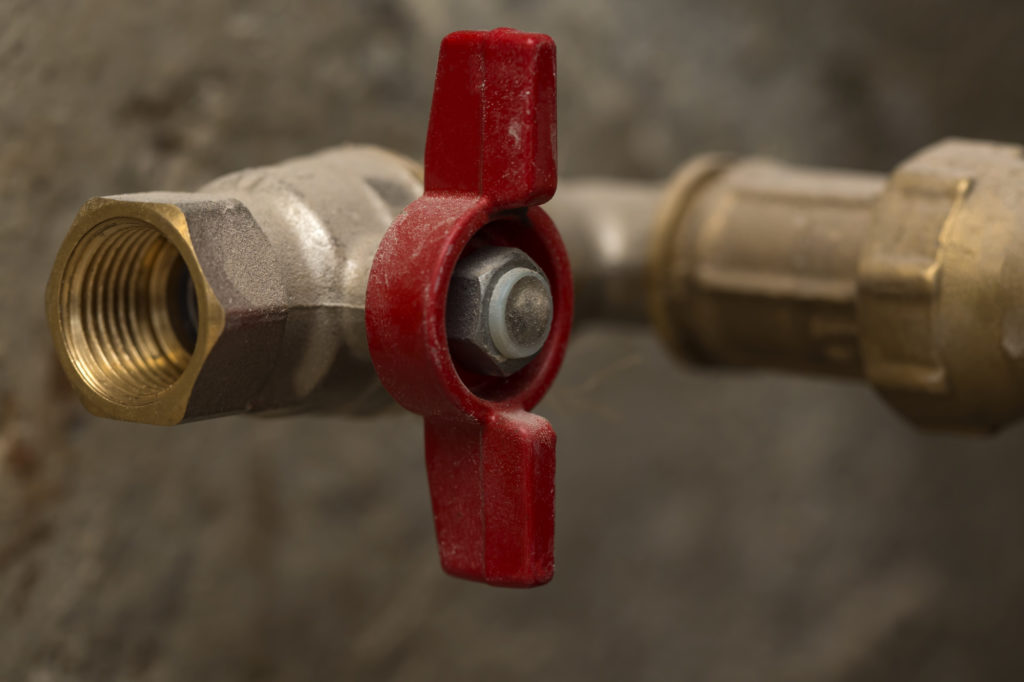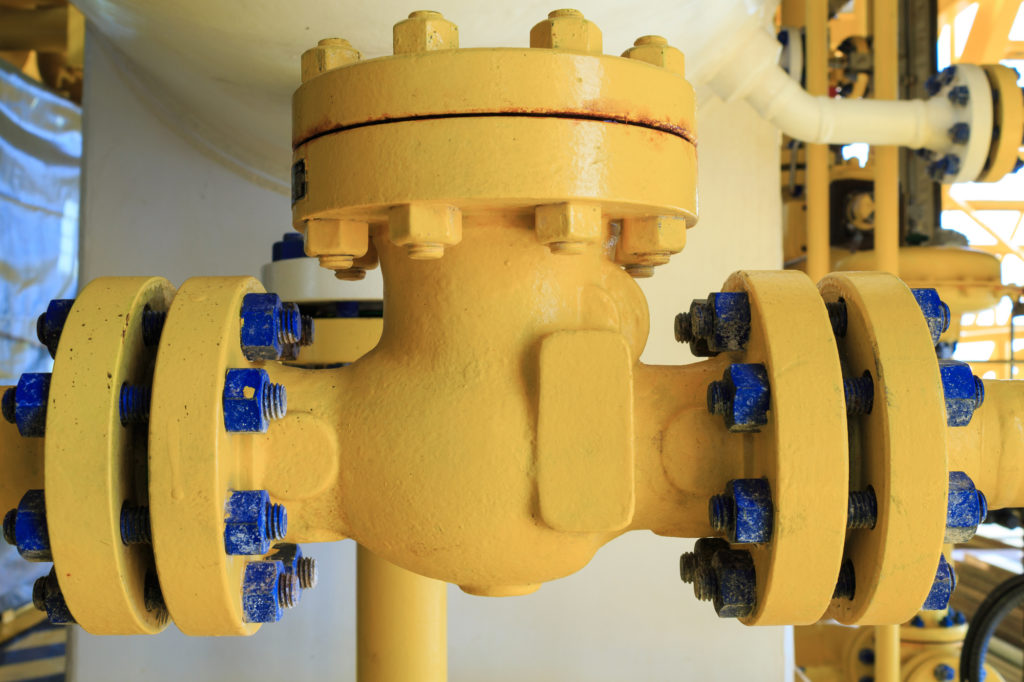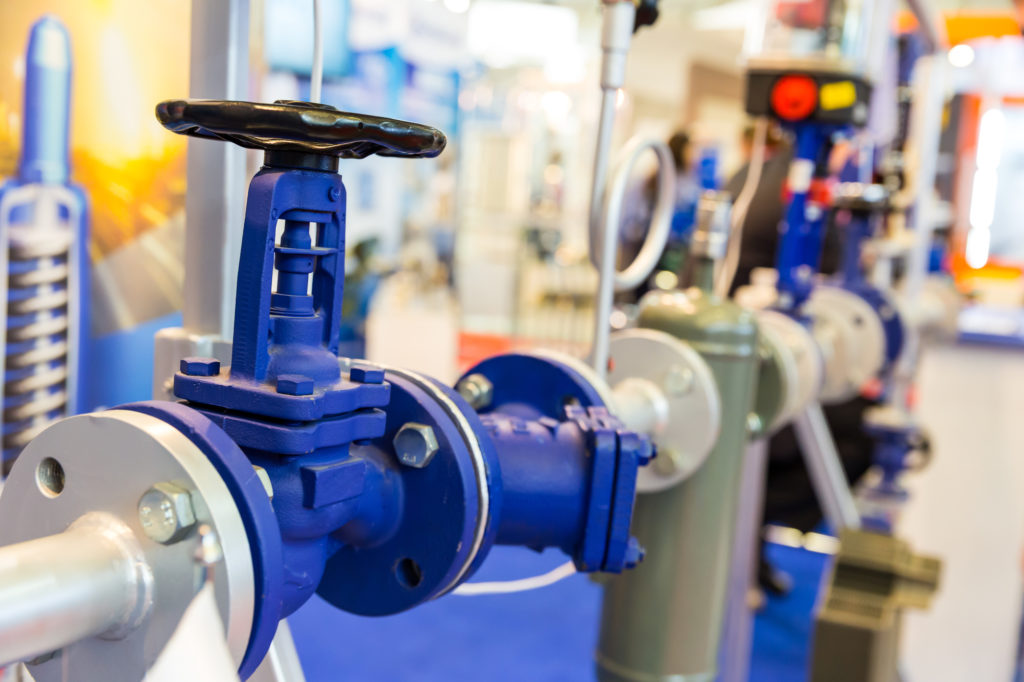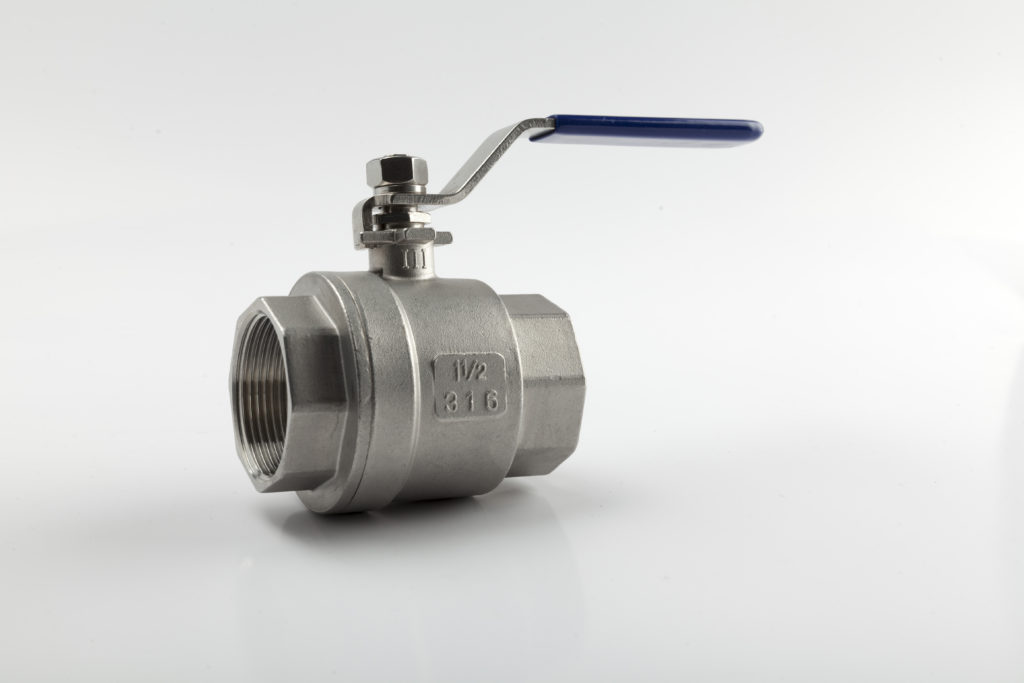6 Types of Flow Control Valves & What You Need to Know About Them
Regardless of the industry you’re in, choosing the right type of valves for your application is essential for safety and customer satisfaction.
Installing and maintaining the proper valves may even be legally required.
Valves are an integral part of any pipeline system and a significant investment for businesses. It’s important that your engineers understand how all types of valves work.
How do you know which type of valve is best for your system? Keep reading to learn more about the most common types of flow control valves to help you make an informed decision.
1. Ball Valves
Ball valves use a spherical plug design that contains a bored-in passage. You can operate these types of valves manually by using a lever, which also indicates whether the valve is open or shut, or automatically, by using an actuator.
This type of valve gives you excellent control of liquid flow through the valve and a secure shutoff when closed. They are often used in sewage treatment, chemical, and paper plants.

2. Check Valves
These types of valves prevent the reversal of fluid flow in piping.
Check valves remain open by the flowing fluid. If the fluid reversed, the valve will close. This type of valve includes lift checks and swing checks.

3. Butterfly Valves
This type of valve is usually used in the oil and gas processing industries, for oil and gas transmission, in water and sewage plants, and in thermal and hydroelectric power stations.
They are commonly used because they are lightweight, easy to operate, they clean themselves, and there isn’t much pressure drop across the valve when it’s open.
4. Gate Valves
Gate valves are best used as isolating or stop valves, where you want full flow or no flow.
When they’re fully opened, the fluid will flow in a straight line and there isn’t a significant drop in pressure because of a low resistance to flow.

5. Globe Valves
Globe valves feature a unique construction designed to make the fluid passing through change direction twice.
They are ideal for throttling and regulating flow with wire drawing and seat erosion. They are cheaper than gate valves but have greater resistance to flow.

6. Needle Valves
These types of valves offer precise control of flow. They feature a sharp pointed disc and a matching seat.
They are often used for chemical feed control services or continuous blowoff.
It’s worth noting that although needle valves can control flow with precision, they are usually capable of handling only relatively low flow rates.

Purchasing These Types of Flow Control Valves
As you can see, the best types of flow control valves for your operation depend on your application.
Having a basic understanding of your options will ensure you make the right choice. Being informed will help you make the best decision.
If you are looking to purchase one or more of these types of flow control valves, check out our products here.

